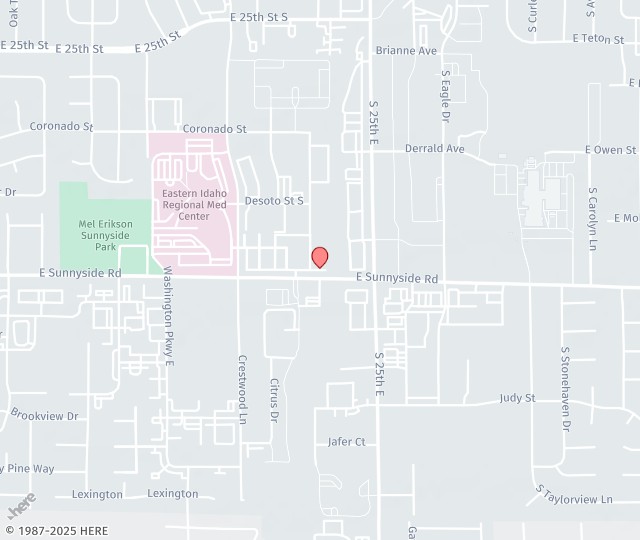Office Hours
Pocatello
Monday - Thursday: 8am - 5pm
Friday: 8am - 12pm
Idaho Falls
Tuesday - Thursday: 8am -12pm
Send Us a Message
We would love to discuss your options with you! Fill out the form below and a member from our team will be in touch with you shortly.
*All indicated fields must be completed. Please include non-medical questions and correspondence only.

